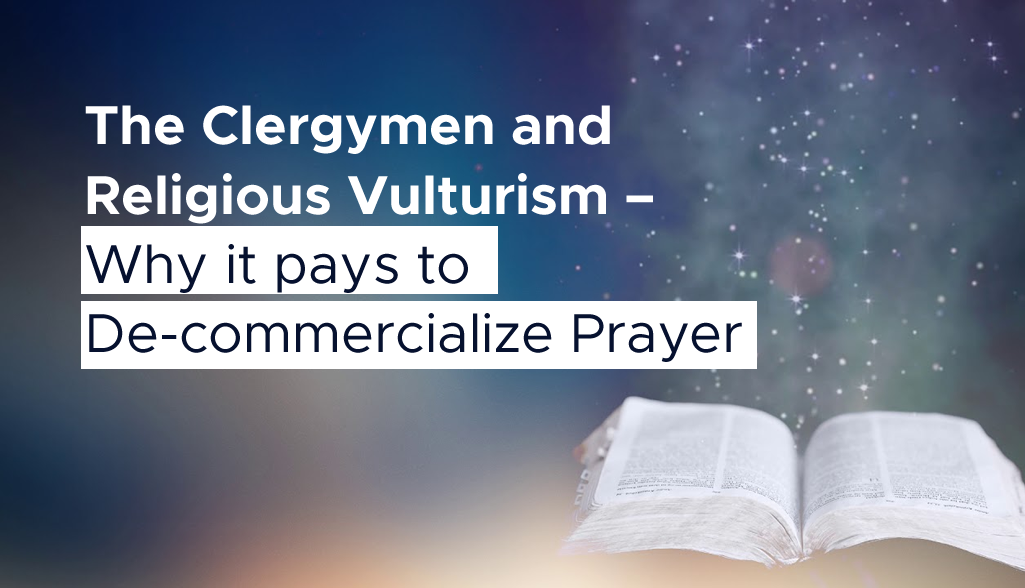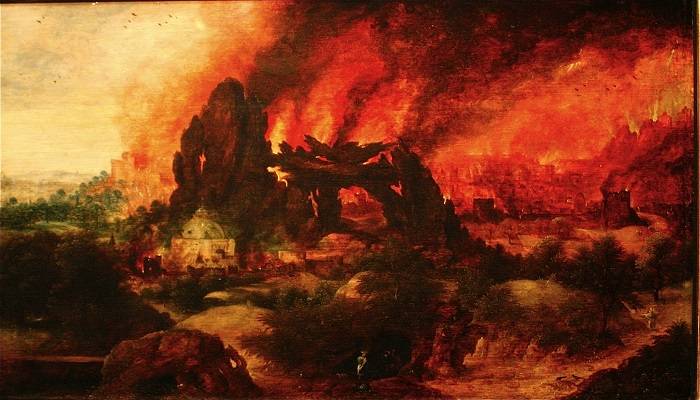Coronavirus — Pursuit for a Cure
In December 2019, the first cases of patients with pneumonia-like viral illness were identified in Wuhan, China. Subsequently, a novel human-infecting coronavirus (termed SARS-CoV-2) was identified as the causative agent for the illness1. Since then 210 countries and territories have reported cases of COVID-19 (COronaVIrus Disease-2019), with global cases topping 4 million and close to 300,000 confirmed deaths (WHO COVID-19 Situation Report – 112, 11th May 2020). With the COVID-19 pandemic raging across the globe, multiple avenues of treatments are being developed and tested for efficacy against SARS-CoV-2 pathogen. As of yet, there are no universal cures against COVID-19 and the search for an effective vaccine still continues. What is COVID-19? COVID-19 is the official name assigned by the World Health Organisation (WHO) to the disease caused by SARS-CoV-2 virus. SARS-CoV-2 belongs to a large family of viruses called coronaviruses that are believed to have been originated in bats2. Through genetic mutations, these viruses are thought to have spilled over from bats to other animals, and subsequently mutated further to infect humans. Over the past 20 years, two such coronaviruses have caused highly pathogenic outbreaks in humans: 2002 severe acute respiratory syndrome (SARS) outbreak caused by SARS-CoV and 2012 Middle East respiratory syndrome (MERS) outbreak caused by MERS-CoV. SARS CoV-2,like its predecessors, infects human cells found in the respiratory systems, leading to common symptoms like fever, cough, and shortness of breath. However, in severe cases, the disease progresses to pneumonia and multi-organ failure, ultimately leading to death. The rapid spread of the SARS CoV-2 is what has set it apart from other coronaviruses, leaving nations across the world scrambling for ways to reduce its transmission. Furthermore, there are no known treatments to either prevent or treat the disease, with disease management limited to supportive care3. As we all watch the pandemic affecting people close to us, we are left to wonder when a treatment will become available to cure us of this disease? Disease and its cure – the Islamic perspective The Holy Qur’an explains that Allah the Almighty is the source of health for those who are sick as Prophet Abraham (as) told his people, ‘And when I am ill, it is He Who restores me to health‘ (Holy Quran, 26:81). This injunction is further corroborated by a Hadith of the Holy Prophet Muhammad (sa) as is narrated by Abu Hurairah (ra), ‘There is no disease that Allah has created, except that He also has created its treatment.’ (Sahih al-Bukhari, 5678, Book 76, Hadith 1). While human effort result in the discovery of new treatments for diseases, it is Allah the Almighty in His infinite compassion and grace Who has given mankind the intellect to support these endeavours and He guides those who seek them to fulfilment. Allah’s compassion for His creation provides hope that while the situation maybe dire, He will provide the necessary cures. Though, human effort is indeed needed which is channeled towards research efforts that attempt to better understand human diseases and use that knowledge in the development of treatments. The Fifth Caliph and worldwide Head of the Ahmadiyya Muslim Community, Hazrat Mirza Masroor Ahmad (aba) clarified the purpose of these efforts in his message to students conducting research during his 2016 tour of Germany, ‘Every person is going to die one day, however it is very important that we use our brains to try and find cures for the illness and ailments that cause so much suffering and to try and improve the quality of people’s lives. This is the essence and true spirit with which research should be conducted.’ (From ‘A Personal Account’ by Abid Khan — Huzoor’saa tour of Germany 27th Aug – 10th Sept 2016 — Part 1, under ‘Student classes with Huzooraa page 20-21). With this hope that a cure, God willing, will be found, we relate some of the efforts that are being performed around the world for curing COVID-19. Furthermore, millions around the world are praying for the success of these scientists — it is this combination of effort and prayer that attracts the mercy of Allah. Repurposing Drugs Although a vaccine against SARS-CoV-2 will serve as the most effective strategy for long-term infection control, repurposing of drugs designed to treat other conditions may offer quicker solutions to control the pandemic. While the treatment landscape for SARS-CoV-2 is rapidly evolving, a number of candidate therapies are already being evaluated in human patients by both government-funded organizations (for example NIH in USA, NIHR in UK, and CIHR in Canada) and pharmaceutical companies. Here we describe some of the current therapies being tested for the treatment of SARS-CoV-2 and detail the absolute need for a vaccine against SARS-CoV-2 to control the COVID-19 pandemic. Chloroquine One of the promising agents touted widely in the media is the use of chloroquine and hydroxychloroquine for the treatment of COVID-19. These two drugs are most commonly used for treating malaria and autoimmune conditions, including lupus and rheumatoid arthritis. While malaria (caused by a single celled Plasmodium ) is biologically very different to coronavirus, the drugs have different effects on human cells which can disrupt the ability of pathogens to infect cells and also limit their ability to replicate4. Hydroxychloroquine was first tested as a possible treatment against coronavirus infection back in 2002, after the emergence of SARS outbreak5,6. At that time, the drug was only tested in laboratory cell cultures and no randomized control studies were conducted in actual patients. Similar to its effects against SARS-CoV, chloroquine/hydroxychloroquine has now also shown promise against SARS-CoV-2 in laboratory settings7–9. Early clinical studies seemed to suggest it could be quite effective in patients infected with SARS-CoV-210, which created much enthusiasm that it could be used as a treatment for COVID-19 patients. These were preliminary observational studies and were not the high-quality randomized trials that are typically used to assess effectiveness. Despite the limited clinical data, the US Federal Drug Administration approved the emergency use of hydroxychloroquine in COVID-19 patients. Soon after, conflicting evidence for the efficacy











